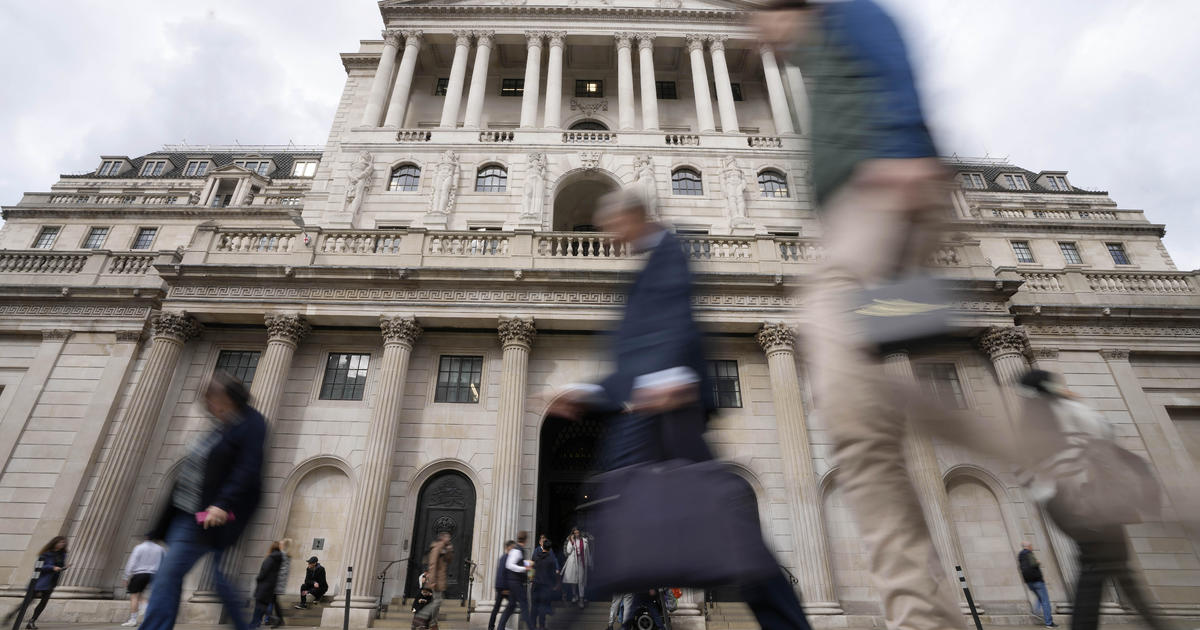Inflation in the UK rose back into double digits in September, matching the 40-year high reported in July, as food and energy prices continue to soar, according to official data released Wednesday. The country’s consumer price index increased to 10.1% in September, Office for National Statistics (ONS) data showed, marking a new blow for households already grappling with a cost-of-living crisis. Inflation was at 9.9% in August, down from July’s 10.1%.
Surging prices of food and non-alcoholic beverages, transport, and energy were the biggest factors that contributed to inflation, the ONS said, with food seeing an increase of 14.6% year-on-year, transport up 10.9% compared to last year, while the price of furniture and household goods rose 10.8%.
The annual rate of inflation for food and non-alcoholic beverages has continued to rise for the last 14 consecutive months, from the negative 0.6% in July 2021, data showed. The newly released data is expected to impact the approach of the Bank of England (BoE) in the near term. The British government has been rocked by dysfunction in markets following its announcement last month of a sweeping program of investment incentives and tax cuts which were the biggest since 1972.
To calm the markets and bring down the interest rates on government debt, the BoE said it will begin temporarily buying long-dated bonds, known as gilts. Last week, the central bank said it would double the size of its bond buybacks, as part of its newly introduced safety net measures.
The BoE said it would offer to purchase gilts in a competitive reverse auction. In each auction, the central bank will offer to purchase up to a fixed total value of gilts based on total proceeds, including any accrued interest. The first gilt sale operations will take place on October 31.











